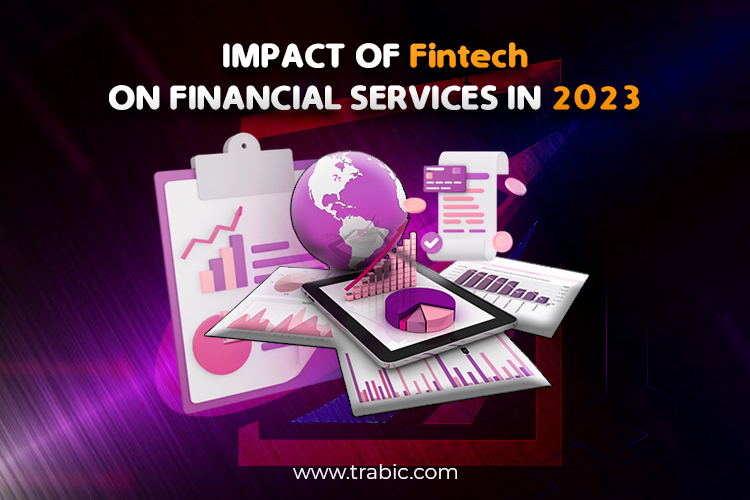Fintech, short for financial technology, refers to using technology to provide financial services. This can include many applications, such as mobile banking, online investment platforms, and payment systems. Fintech companies use advanced technologies like artificial intelligence, machine learning, and blockchain to improve and disrupt traditional financial services.
One of the main goals of Fintech is to make financial services more accessible and convenient for consumers and businesses. For example, Fintech companies may offer online lending platforms that allow individuals to apply for loans without visiting a bank in person or mobile payment apps that make it easy to send and receive money digitally. Fintech can also reduce costs and increase efficiency in the financial industry by automating tasks and processes.
Many different elements make up the Fintech industry. Some of the main components of Fintech include:
Fintech And Mobile Banking:
The use of mobile apps and other digital platforms to access financial services and perform banking transactions, including checking account balances, paying bills, and transferring money. It is difficult to anticipate exactly what the Fintech and mobile banking landscape will look like in 2023, as it will depend on various elements such as technological advancements, consumer behavior, and regulatory developments. However, mobile banking will likely continue to be a significant focus for Fintech companies and financial institutions in the coming years.

One trend already starting to emerge is integrating financial services with other technology areas, such as social media and messaging apps. This could lead to the developing of new products and services that allow consumers to access financial information and perform transactions directly through platforms they already use daily.
Another trend to watch for is the increasing usage of machine learning (ML) and artificial intelligence (AI) in mobile banking. These technologies can provide personalized financial recommendations, automate tasks, and improve the user experience.
Influence On Online Lending:
Online lending and financial technology (Fintech) have rapidly evolved over the past decade, and this trend is expected to continue in 2023. One significant development in online lending is the increasing prevalence of alternative credit scoring models. These models, which often use data sources beyond traditional credit reports to assess a borrower’s creditworthiness, can expand access to credit for under-banked and underserved individuals. In addition, using artificial intelligence and machine learning in underwriting and risk assessment is becoming more widespread, enabling lenders to make more informed and efficient lending decisions.
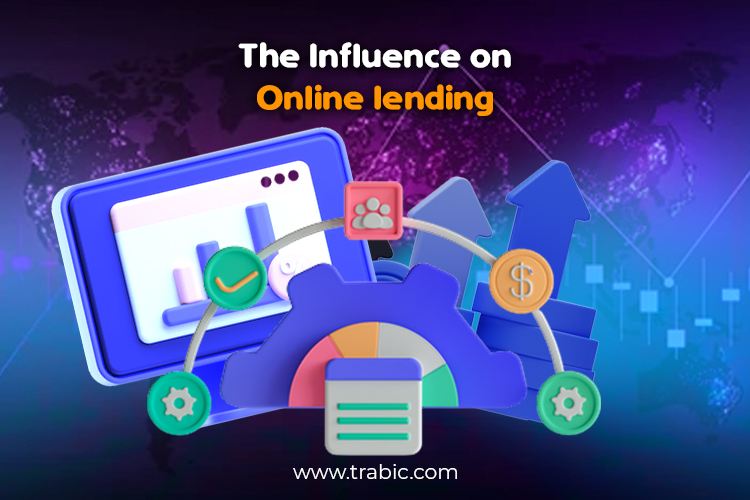
Another trend in Fintech is the growing popularity of digital payment options, such as mobile wallets and cryptocurrency. These options offer a convenient and secure way for consumers to make purchases and transfer money and are particularly popular among younger generations. In 2023, we will likely see further adoption of these payment methods and the introduction of new technologies that make financial transactions even more accessible and seamless. Overall, the Fintech industry is expected to continue driving innovation and disruption in the financial sector in 2023, bringing new opportunities and challenges for consumers and industry players.
New Era Of Digital Payment:
The digital payment landscape is constantly evolving, and it is hard to guess exactly what the future will hold. However, a few trends are likely to shape the future of digital payments with Fintech.
One trend that is already well underway is the increasing use of mobile payments. With the widespread adoption of smartphones, more and more consumers are using their devices to make purchases and manage their finances. This trend is predictable to continue in the coming years, with new technologies such as near-field communication (NFC) and biometric authentication making mobile payments even more accessible and more secure.
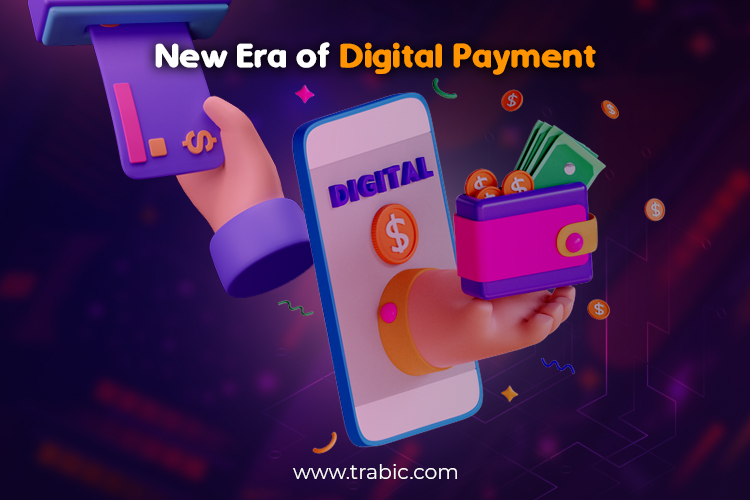
Another trend expected to shape the future of digital payments is the increasing adoption of cryptocurrency. While cryptocurrencies have been around for a while, they still need to be widely accepted as payment. However, this is changing as more merchants accept cryptocurrencies, and new platforms and infrastructure are developed to support their use. In the future, cryptocurrencies may become a more mainstream payment option, particularly for international transactions.
Future Of Financial Planning And Investment:
The financial planning and investment industry is expected to continue undergoing significant changes in the coming years due to the impact of Fintech. Some of the trends that are likely to shape the future of financial planning and investment with Fintech in 2023 include:
Increased automation: Increased automation is transforming many industries, including financial planning and investment. As technology improves and becomes more sophisticated, many financial tasks that were previously performed manually by humans can now be completed by machines. This shift towards automation is likely to continue as more financial firms adopt artificial intelligence and machine learning technologies to streamline their operations and improve efficiency.
However, it’s important to note that increased automation in financial planning and investment also brings with it some challenges. For example, some people may be concerned about job loss as more tasks are automated. It’s also essential to ensure that computerized systems are transparent and explainable so that investors can understand and trust the decisions being made on their behalf.
Increased access to alternative investments: Fintech platforms have made it easier for individuals to access optional assets, like real estate and individual equity, which were previously only available to high-net-worth investors. This trend is forthcoming to continue in the coming years, giving more people access to a broader range of investment options.
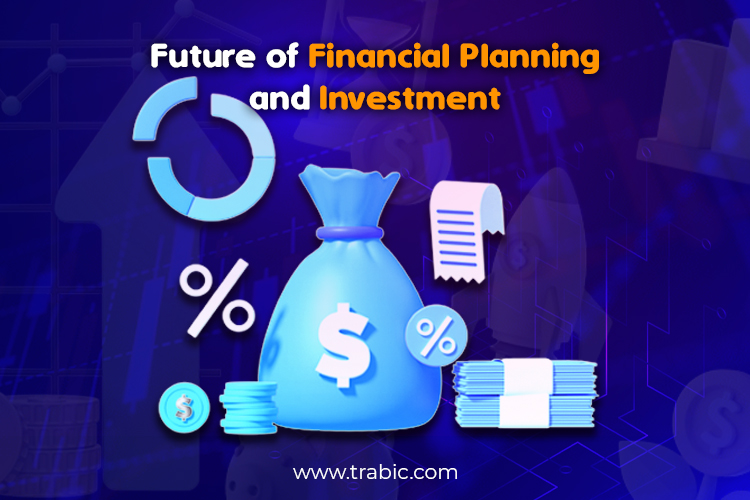
Increased access to alternative investments, such as private equity, hedge funds, and real estate, can change the future of financial planning and investment. These investments can offer higher returns and diversification benefits but may also come with higher risks and fees. As more investors look for ways to diversify their portfolios and access these types of assets, financial advisors and planners will need to be knowledgeable about alternative investments and able to help their clients make informed decisions. Increased access to alternative investments may lead to more competition and innovation in the financial planning and investment industry.
Greater transparency and accessibility: Fintech platforms make it easier for consumers to access information about their investments and financial planning options. This increased transparency is expected to empower consumers to make more informed financial decisions.
Greater transparency and accessibility in the financial planning and investment industry can potentially improve the experience for investors. As more information becomes available online, it may be easier for investors to research and compare financial products and services, allowing them to make more informed decisions. In addition, increased transparency can lead to greater trust in the industry and may help to reduce instances of financial fraud or misconduct. Financial advisors and planners who can provide clear, easy-to-understand information to their clients will be well-positioned to succeed in this more transparent environment.
Role Of Fintech In Blockchain Technology And Cryptocurrency:
Fintech has played a significant role in developing and adopting blockchain technology and cryptocurrency. Blockchain is a distributed ledger and decentralized technology that has the potential to bring a revolution to the financial industry by enabling transparent and secure financial transactions. Cryptocurrencies, digital assets that use blockchain technology, have also gained popularity recently as a decentralized and safe form of payment.

Fintech companies have played a vital role in developing and adopting blockchain and cryptocurrency by building platforms and infrastructure to support their use. For example, Fintech companies have developed cryptocurrency exchanges that allow individuals to trade in cryptocurrencies and wallets that enable users to store and manage their cryptocurrencies. Fintech companies have also developed blockchain-based platforms for financial services, such as supply chain financing and cross-border payments.
In addition, Fintech companies have helped educate consumers about the benefits and risks of using blockchain and cryptocurrency and have addressed regulatory and compliance issues related to these technologies. As a result, Fintech has played a significant role in driving the adoption and mainstream acceptance of blockchain and cryptocurrency.
Fintech Collaboration Of Artificial Intelligence And Machine Learning:
Artificial intelligence (AI) and machine learning (ML) are increasingly crucial in the Fintech industry. These technologies are being used to automate various financial tasks, including underwriting, risk assessment, fraud detection, and customer service.
One example of the collaboration between Fintech and AI/ML is using predictive analytics to identify potential credit risks and optimize loan underwriting processes. Using data and algorithms to analyze historical loan performance and identify patterns and trends, Fintech companies can make more informed and efficient lending decisions.

Artificial Intelligence (AI) and Machine Learning (ML) are also being used to improve the customer experience in Fintech. For example, chatbots and virtual assistants powered by AI can provide instant and personalized customer service, allowing financial institutions to serve their customers better and decrease the workload of human customer service representatives.
In addition, Fintech companies are using AI and ML to develop new financial products and services, such as personalized investment recommendations and automated financial planning tools. The collaboration between Fintech and AI/ML is expected to bring greater efficiency, accuracy, and convenience to the financial industry.
The Outcomes Of Regulatory Compliance With Fintech In 2023:
Regulatory compliance is an essential issue for the Fintech industry, as it ensures that financial technology companies operate fairly, transparently, and in the best interests of consumers. In 2023, regulatory compliance will likely continue to be a significant concern for Fintech companies as regulators seek to keep pace with the rapid evolution of financial technology.
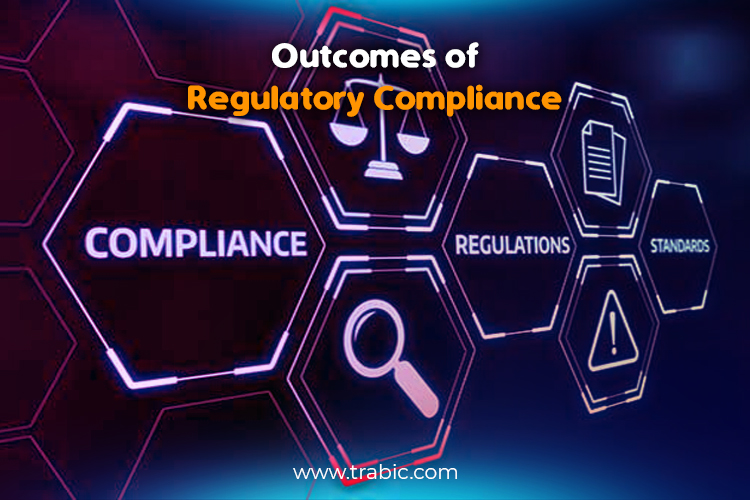
One outcome of regulatory compliance in the Fintech industry is the creation of more uniform standards and guidelines for the operation of Fintech companies. This can level the playing field for Fintech companies and protect consumers by ensuring that all companies operating in the industry adhere to the same standards.
Another outcome of regulatory compliance is increased consumer protection. By requiring Fintech companies to follow specific rules and regulations, regulators can help reduce the risk of fraud and other financial crimes and protect consumers from unfair or deceptive practices.
